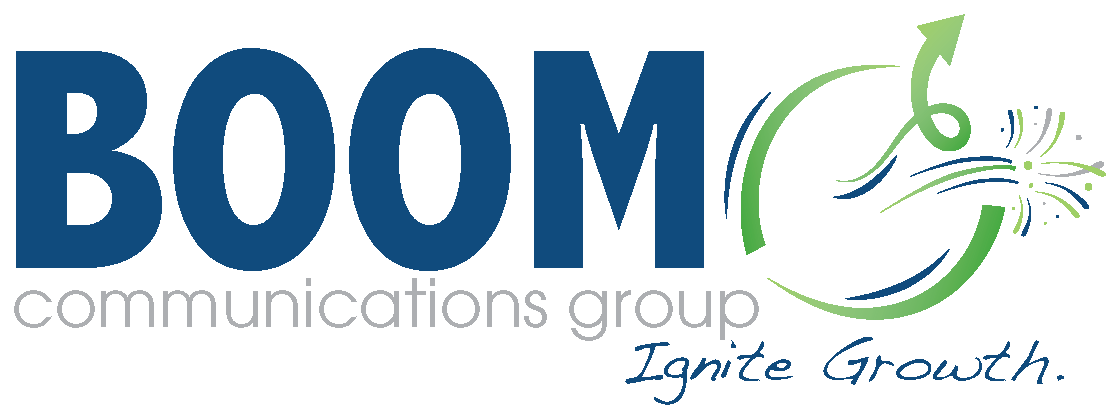
As the owner of a small or medium-sized business, you probably have a lot on your plate. However, no matter how busy you may be, you should prioritize researching how to establish and develop business credit.
The earlier you do this, the better off you and your business will be in the long term. That holds true even if you do not plan on applying for financing any time soon.
Key Takeaways
- A good credit score can help you access the funds you need when you need them while keeping your cash flow liquid and lowering the cost of doing business over time.
- The sooner you start developing business credit, the more likely it is that you will have it all set up for when you might need it later.
- Building good financial habits is essential to maintaining a healthy credit score.
What Is Business Credit?
Businesses can get loans and have credit scores and reports just like individuals do. Various organizations that evaluate business deals and credit and insurance applications may use your business credit report to make their assessments. These organizations include:
- Creditors
- Lenders
- Suppliers
- Insurance providers
Business credit bureaus, in particular, can not only access but also keep records of your business debt payments and other business credit information. The three leading business credit bureaus – or business credit reporting agencies – in the U.S. are:
Having good business credit is essential if you want to get approval for business loans and other types of financing and secure better terms such as lower interest rates. A strong credit score can also help you negotiate better trade terms with vendors and suppliers and reduce the instances when you need to prepay for products or services.
Why It Is Important to Develop Business Credit Early On
Developing strong business credit does take some planning and effort, which is why some business owners may put it off as they deal with more urgent, shorter-term tasks.
However, that may be a mistake. As a general rule, the sooner you start, the more time you will have to build solid business credit and have it all set up for when you might need it in the future.
10 Tips to Establish and Develop Business Credit in the Long Term
While the following tips are by no means exhaustive, they can be a good starting point.
1. Choose the Right Business Structure for Your Needs
If you are just starting out, the first step you may need to take is to form a business entity such as an LLP, an LLC, or a corporation.
Your business structure can have significant consequences for your credit and overall finances, so you may want to get expert advice to help you make the right choice for your needs.
For instance, a sole proprietorship does not give rise to a separate business entity. That means your personal and business finances will not be separate, which may put your assets at risk.
2. Register for an Employer Identification Number (EIN)
An EIN is a nine-digit federal identifier for tax reporting purposes. You will need an EIN to do things such as:
- Open a business bank account
- File your company tax returns
- Apply for various permits and licenses
- Apply for business credit
- Secure business contracts
You can apply for an EIN for free on the IRS website.
3. Open a Business Bank Account
Once you have your EIN, the next thing you should do is to set up a business bank account in your business’s legal name. Use this account to pay all your bills and carry out any other transactions related to your business. This keeps everything in one place, helps separate your personal and business finances, and makes managing your taxes a lot easier.
4. Get a Business Credit Card
Having a credit card in your business’s legal name that reports to the major business credit bureaus can be a highly effective way to establish business credit. You should open at least one business credit card, preferably more.
5. Open a Business Line of Credit
While terms vary by service providers, lines of credit may have lower interest rates and higher limits than some credit cards. If it would be easier for you to qualify for a line of credit at this stage, consider getting one instead of or in addition to your business credit card.
6. Utilize Your Credit
Whether you get a business credit card, a line of credit, or both, it is important to use them. This can help maximize your credit score, as it proves to potential lenders that you are financially responsible and can meet your balance each month.
However, be sure not to overextend your finances. A low credit utilization score of up to 30% of the total limit generally works best.
7. Set Up and Maintain Vendor Credit
Try to establish good relationships with your vendors or suppliers and negotiate flexible payment terms that allow you to not pay for goods and services upfront. The key here is to choose partners that will report such payments to business credit bureaus and reporting agencies, as this can help you build a positive credit history.
8. Pay Everything on Time
Better still, pay everything early. This shows that you are reliable and can manage your debt. In contrast, a checkered history of missed or late payments is highly likely to have a negative impact on your business credit rating and credit profile.
9. Keep an Eye on Your Credit
Make a habit of perusing your credit reports regularly. While rare, mistakes do happen. Unfortunately, even innocent errors on your reports may lower your credit score without you realizing it. If you spot an error, file a dispute with your reporting agency as soon as possible.
10. Develop Good Financial Habits
The best way to build a strong business credit score is to develop good financial habits. Spend conservatively, save as much as you can, pay your bills and taxes on time, make informed financial decisions, and maintain good relationships with your business partners. Habits such as these may not affect your credit score directly, but they can have a significant impact on your finances over time.
Let the Boom Communications Group Help You with Your Business Credit Score
At the Boom Communications Group, we specialize in providing a wide range of advertising, marketing, and printing services to small and medium-sized businesses in southwest Florida and beyond. Whether you are looking to grow distribution or increase advertising revenue, we can help. Let’s work together to fuel your business growth and improve your credit score. Contact Boom Communications today to learn more about our services!
